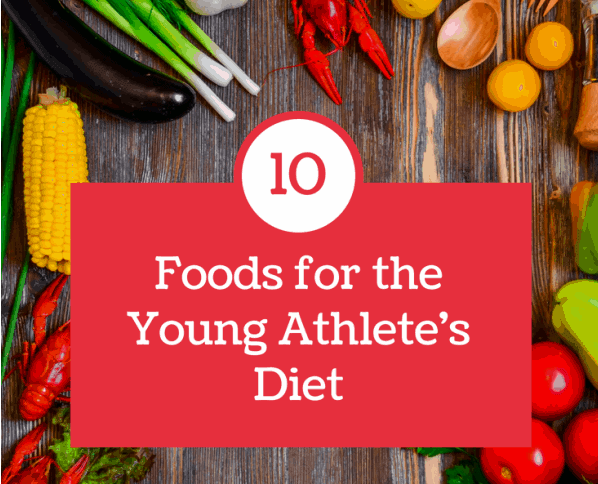10 Foods You Should Eat Everyday if You’re an Athlete
Here, you’ll search my top 10 list of best foods for athletes, why I recommend them, and how to incorporate them into the diet.
Contain the following foods in your athlete’s eating plan and your athlete will be good on his way to fueling himself better.
1. Nuts
If nut allergies aren’t a worry, slip a small package of peanuts, almonds or cashews into the gym bag for a quick and tasty snack.
2. Seeds
same to nuts, seeds are full of fiber, healthy fats, magnesium and vitamin E. Eat them such as you would nuts.
They are a great proxy if your athlete is allergic to nuts.
3. Ready-to-eat Cereal (cold cereal)
Have it for breakfast, snack, or dinner in a pinch, but beware of selecting cereal with too much sugar.
Grains with less than 8 or 9 grams of sugar per serving are best.
4. 100% Orange Juice
Don’t guzzle it though!
Kids aged 7-18 years should keep a cap on juice — no more than one cup (8 ounces) per day, as per to the American Academy of Pediatrics (AAP).
Orange juice can be a notable source of calories when more than a cup is consumed daily.
5. Beans
Roast them for a crunchy snack, top a salad, layer into a burrito, or throw them in with a diced tomatoes for a hearty pasta dish.
6. Cheese
Cheese is loaded with calcium, potassium, and protein.
7. Yogurt
Yogurt is a great source of calcium, vitamin D, potassium and protein. Go for Greek varieties if you are searching for extra protein from whole foods (though most young athletes don’t require large amounts of protein in their diet).
Eat yogurt as part of a feed, a snack, or dessert.
8. Milk or Soy milk
Dairy milk is a natural source of calcium, potassium, and protein, and is fortified with the vitamin D. These nutrients are available in all milk with the variation of calorie content based on the amount of fat included in the milk.
Some teen athletes select to drink whole milk because they struggle to meet their nutritional and calorie requires during the day, mainly when they’re in a growth spurt or in a high-calorie burning sport.
If you’re not sure which milk — whole milk, low fat or skim milk– would be most suitable for your athlete, I’ve done the research for you and have summarized the pros and cons for you in this article about whole milk.
If soy milk is your go-to, confirm it’s fortified with calcium and vitamin D and shake the carton so the minerals don’t settle to the bottom.
Several athletes use flavored milk (chocolate milk) after an intense workout to support their muscles recover. There’s plenty of research that suggests this is an impressive way to refuel and recover after more than an hour of sweaty exercise.
The combination of carbs and protein supports replenish muscles with energy in the form of glycogen and utilizes protein to repair muscles.
9. Dark Green Leafy Vegetables
Dark green leafy veggies such as kale, spinach and collard greens offer iron and calcium.
Pair these with foods that are high in vitamin C, like red peppers, tomatoes or citrus fruit, or serve them with meat to maximize the absorption of the iron.
10. Orange Fruits and Vegetables
Full with vitamins C, E, A, and potassium, these support your athlete’s immune system stay healthy.
Healthy athletes stay powerful and won’t be benched!












No comments:
Post a Comment